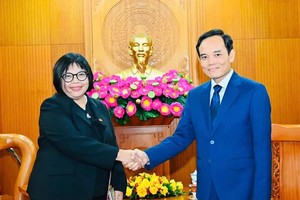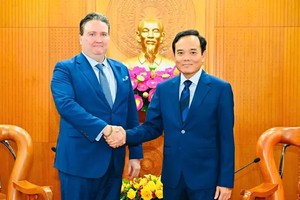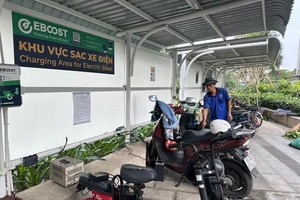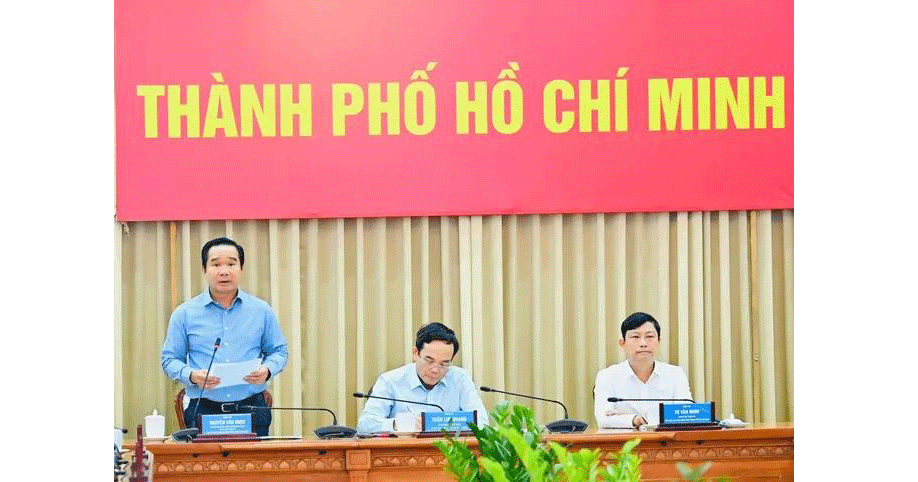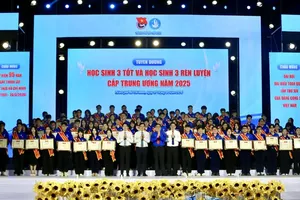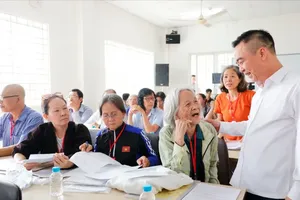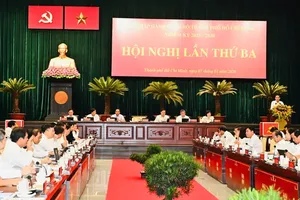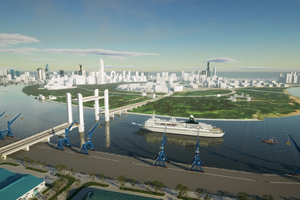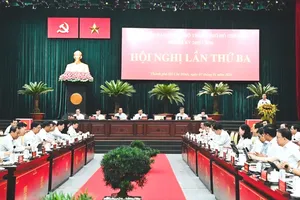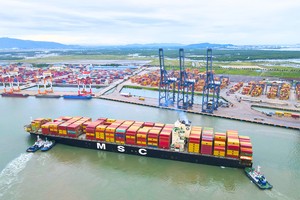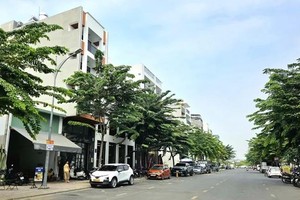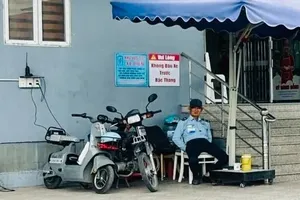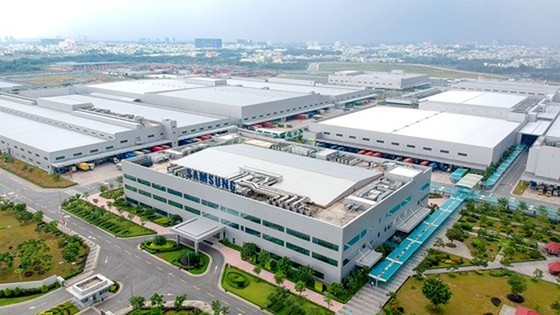 |
| A corner of the Saigon Hi-tech Park |
As of June 20, the total newly registered capital, adjusted capital and contributed money to buy shares by foreign investors reached over US$13.43 billion, equaling 95.7 percent over the same period in 2022.
The improvement of institutions, especially the review and modification of preferential policies and mechanisms, to attract foreign investment should be carried out to attract quality foreign direct investment in the coming time.
According to the General Statistics Office, the economy declined by 4.3 percent showing clearly the general difficulties of the world economy as well as of Vietnam in the face of many risks and fluctuations in 2022. Worse, this trend was forecast to continue extending in 2023.
Developed countries’ outward direct investment showed signs of slowdown even though the Covid-19 pandemic has been brought under control. This is the subsequent result of adverse factors such as the complicated and unpredictable world context and existing political conflicts in some nations. Moreover, although price pressure and inflation showed signs of cooling down, they still remained at a high level and global commodity demand tends to decrease without recovery signs.
In addition, global financial conditions tend to tighten, strongly affecting international business, trade, and investment, which are negatively affecting the investment partners of Vietnam.
However, though the total registered FDI capital in the first 6 months of 2023 dipped by 4.3 percent over the same period, this decrease has improved compared to the same period in 2022, which saw a decrease of 8.1 percent. Newly granted investment capital accounting for 48.3 percent of total registered capital increased by 31.3 percent in cash and 71.9 percent in the number of projects. Meanwhile, foreign investors’ capital for buying shares accounted for 29.9 percent of total registered capital, which increased by 79 percent, and registered capital, accounting for 21.8 percent of total registered capital, dropped by 57.1 percent.
Remarkably, in the past 6 months, small and medium-sized investors have continued to eye Vietnam for opportunities and trust in Vietnam's investment environment to make new investment decisions while large corporations still seem to carefully consider the impact of the global minimum tax policy effective from 2024.
Foreign investors' capital contribution and share purchase in Ho Chi Minh City in the first six months of 2023 increased by 3.6 times over the same period, bringing the total foreign investment capital from the beginning of the year to June 20 to reach $2.8 billion, up 30.7 percent against the same period last year.
In addition to traditional solutions such as administrative reform, effectively implementing one-stop procedures and quality improvement of human resources, more solutions should be adopted to attract big investors and multinational corporations. In particular, relevant agencies should pay attention to meeting their requirements on time for negotiation, signing of agreements and implementation.
In addition to preferential policies for strategic investors, a global production chain and high-tech enterprises with technology transfer to domestic enterprises also need to be clearer and more substantial, especially in Ho Chi Minh City, which has no more clean land. These policies should not be fixed and rigid but need a certain margin to promptly adapt to the current volatile situation.
